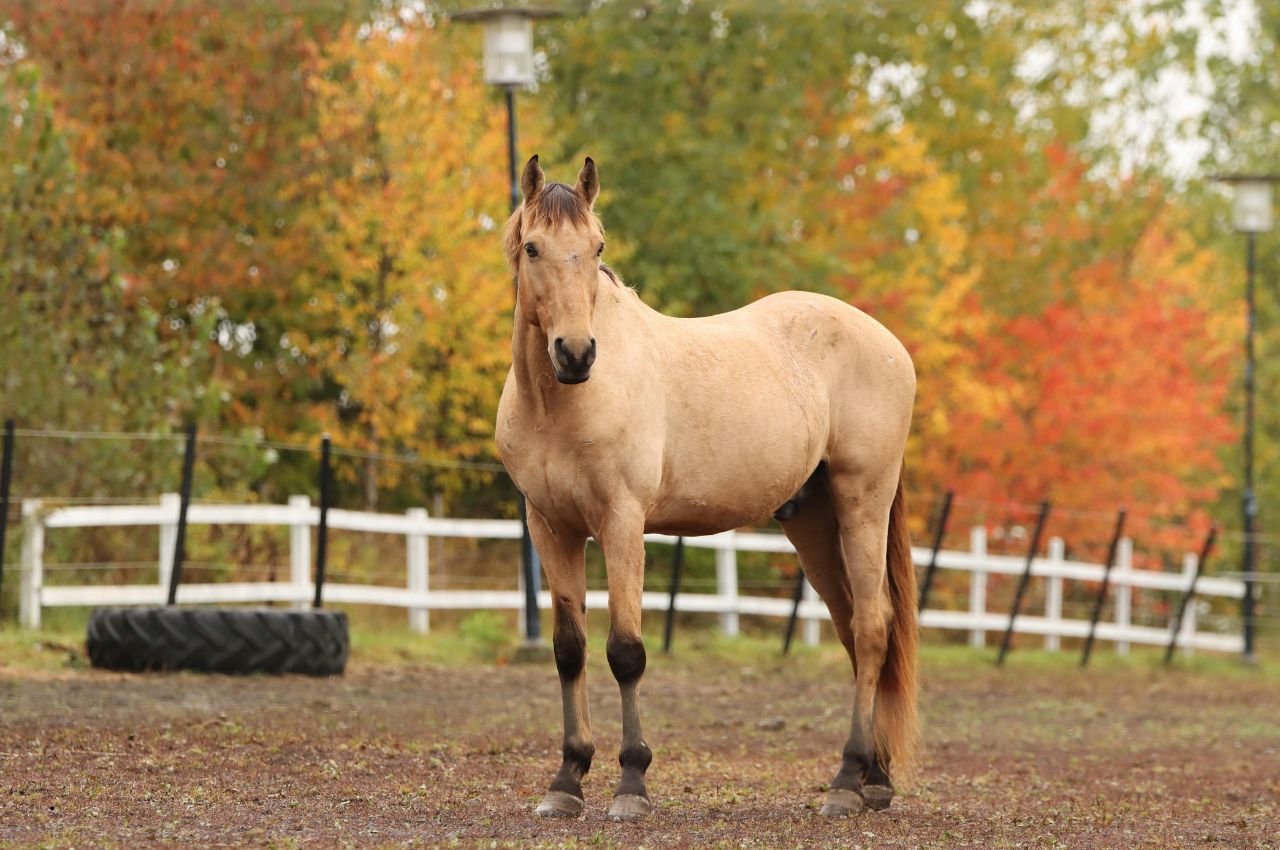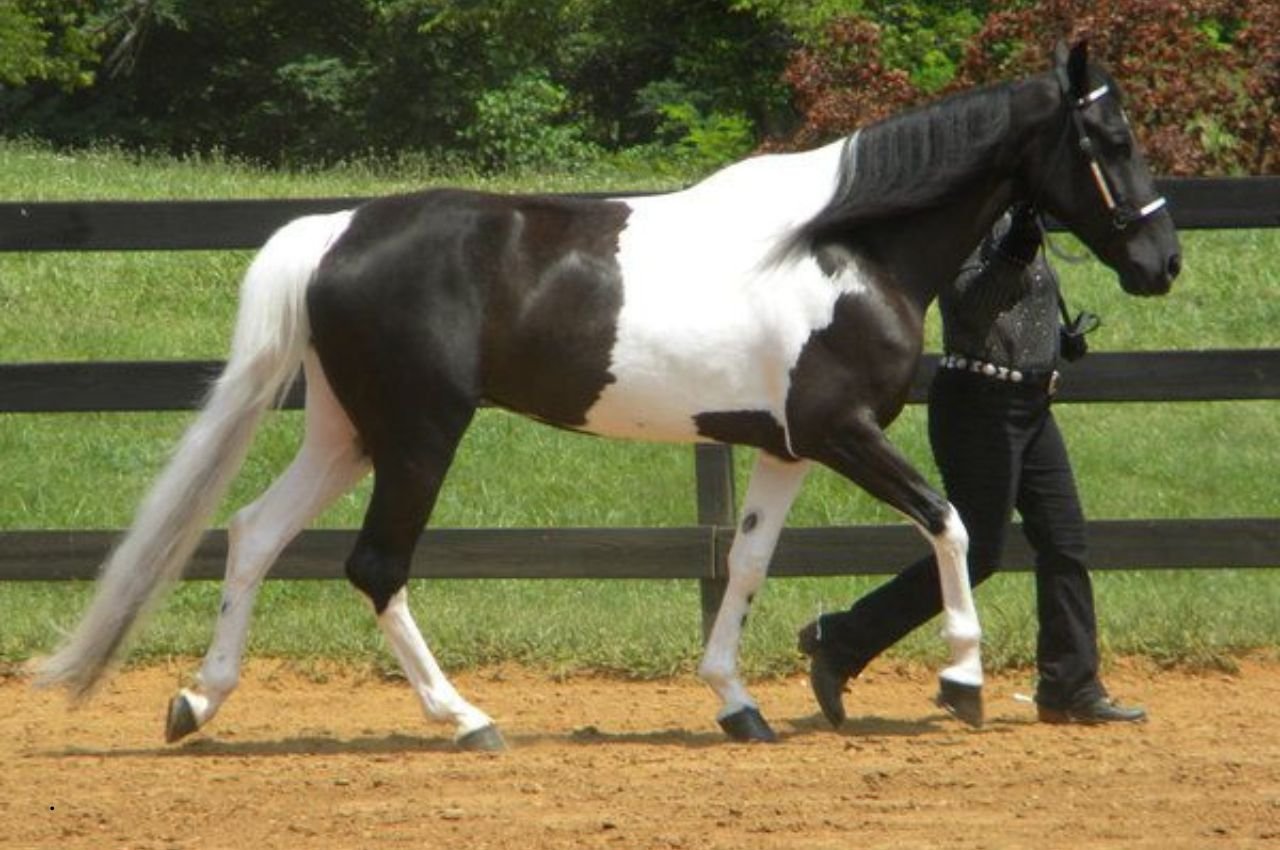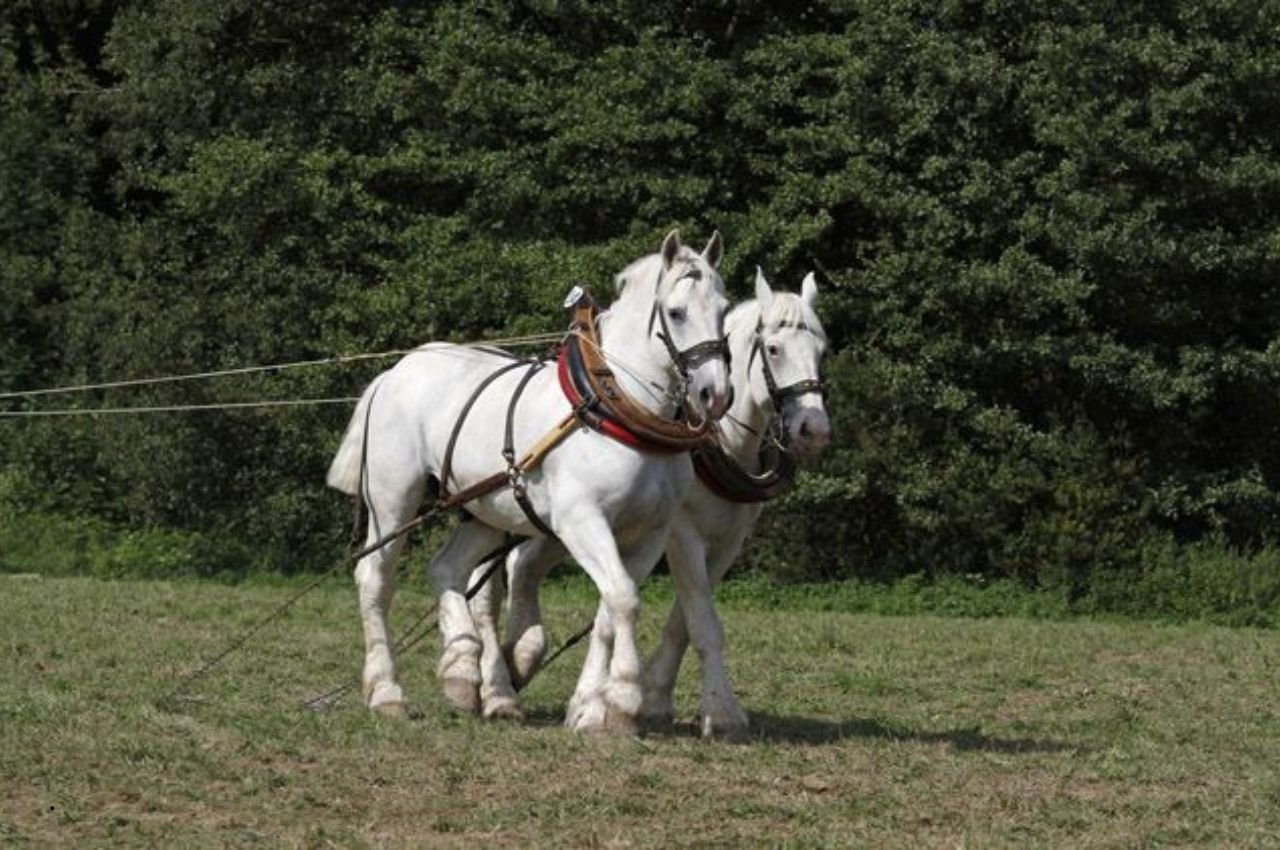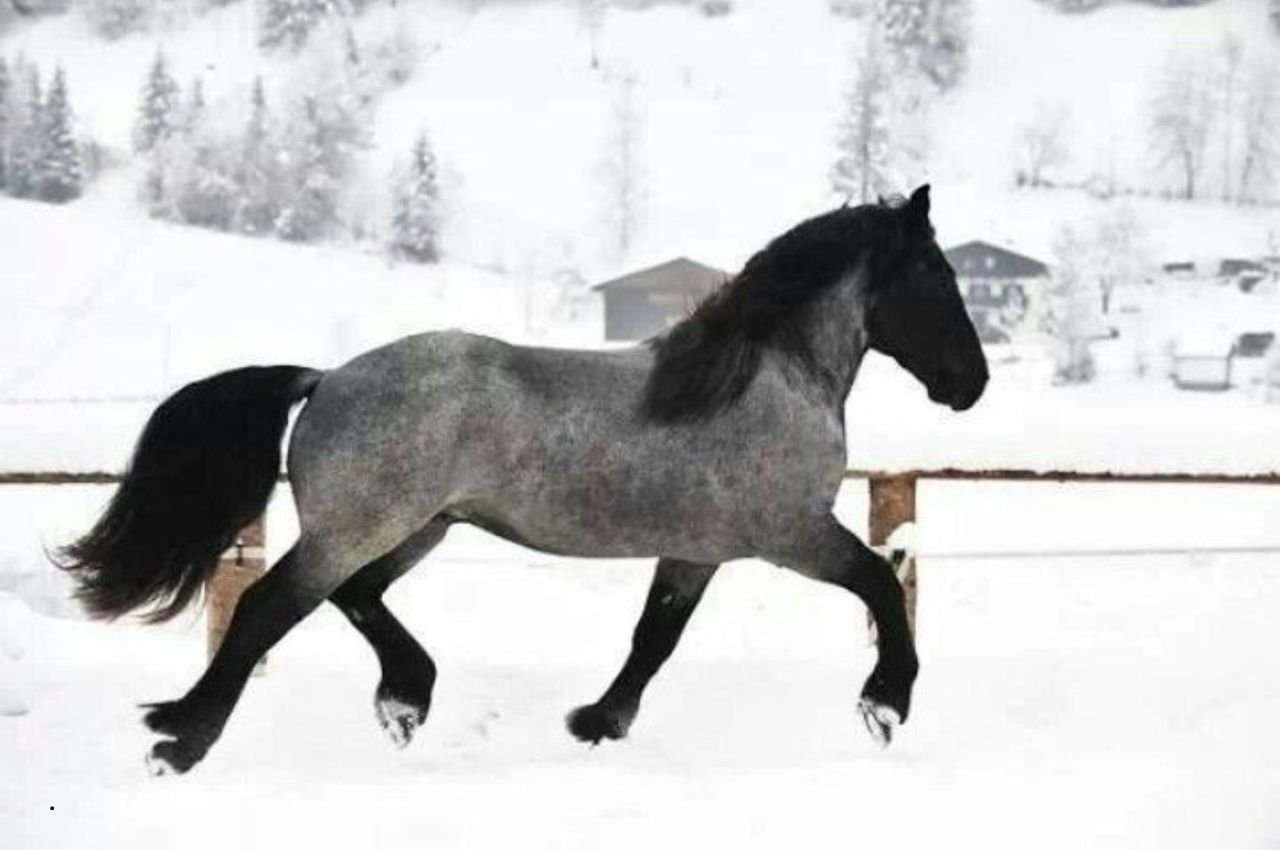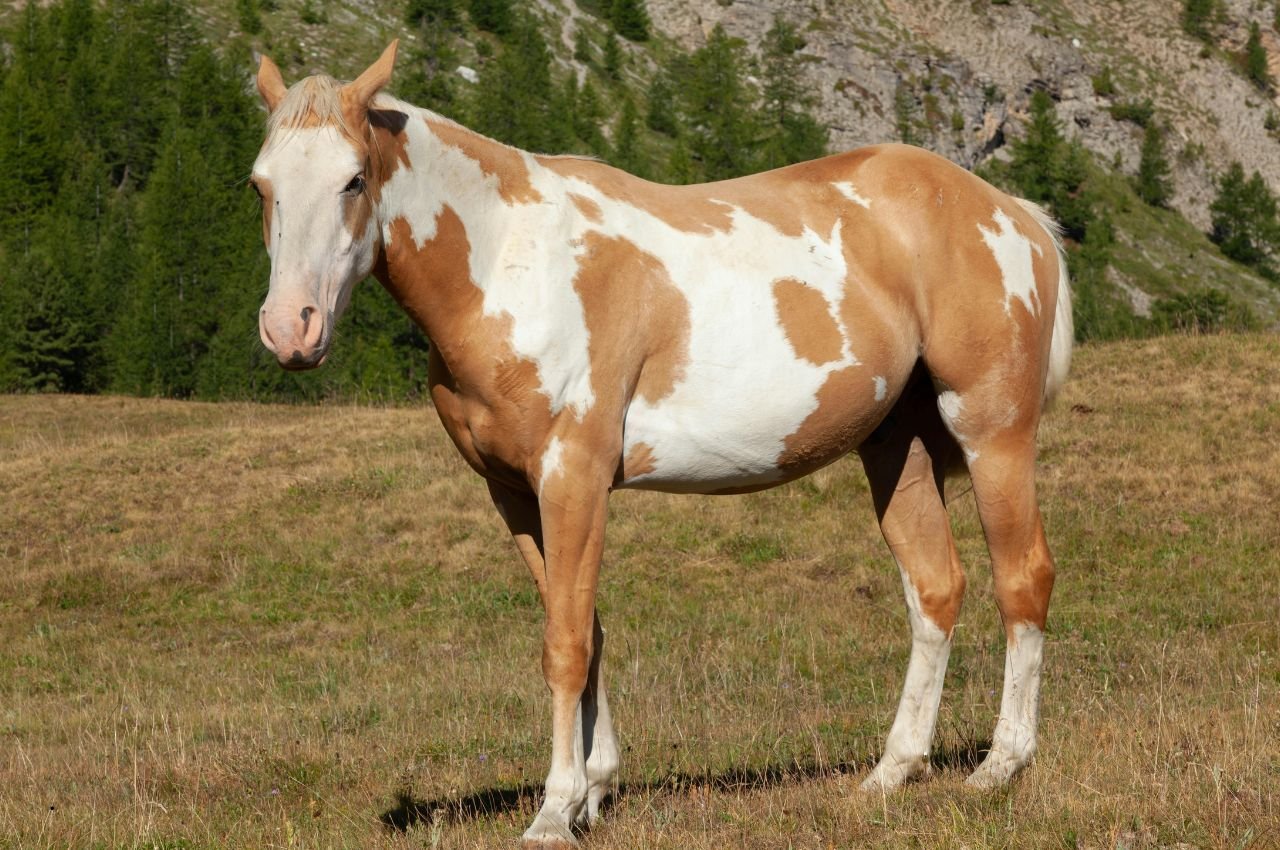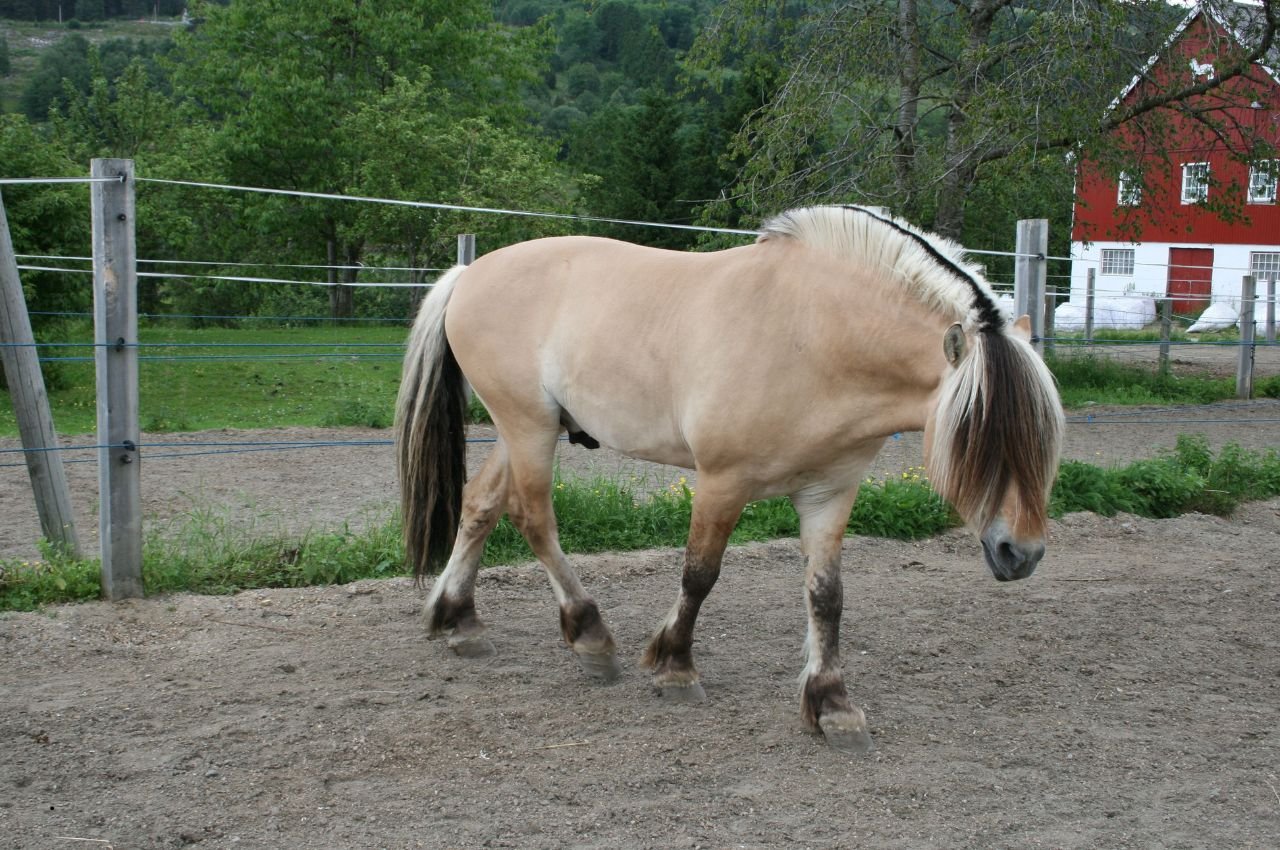Proper horse nutrition is essential for keeping your equine companion healthy, energetic, and performing at their best. Just like humans, horses require a balanced diet to meet their energy needs, maintain optimal body condition, and support overall wellness. Whether you’re a seasoned horse owner or just starting out, understanding the basics of horse nutrition can make a significant difference in your horse’s health and longevity.
In this post, we’ll explore 10 practical ways to improve your horse’s diet by focusing on key elements of horse nutrition that promote digestion, energy balance, and nutrient absorption.
Understanding the Basics of Horse Nutrition
The foundation of good horse nutrition is high-quality forage, which includes pasture grasses and hay. Horses are natural grazers, designed to eat fiber-rich plants throughout the day. Forage provides essential fiber that supports healthy digestion and gut function.
- Aim to feed your horse 1.5–2% of their body weight in forage daily.
- Choose hay that is clean, free of mold, dust, and weeds.
- Test your hay for nutrient content to ensure it meets your horse’s needs.
How Proper Horse Nutrition Improves Health and Performance
Not all horses require grain or concentrates, but some—such as performance horses, growing foals, or lactating mares—may need additional calories and protein. When feeding concentrates:
- Choose feeds formulated specifically for your horse’s age, workload, and health status.
- Avoid overfeeding grains, which can lead to digestive upset or metabolic issues.
- Introduce concentrates gradually to prevent colic or diarrhea.
Balancing Vitamins and Minerals in Horse Nutrition
Even the best hay may lack certain vitamins and minerals essential for optimal health. Supplementing with a balanced vitamin and mineral mix ensures your horse receives nutrients like selenium, copper, zinc, and vitamin E.
- Consult your veterinarian or an equine nutritionist for customized advice.
- Avoid over-supplementation, which can be harmful.
Essential Role of Water in Horse Nutrition
Water is the most vital nutrient in horse nutrition. A horse typically drinks between 5 and 15 gallons of water daily, depending on activity level and weather conditions.
- Check water buckets or troughs daily to ensure cleanliness.
- Use tank heaters in winter to prevent freezing.
- Ensure your horse drinks enough, especially in hot or dry conditions.
Incorporating Healthy Fats in Horse Nutrition
Fats provide a concentrated energy source and promote a shiny, healthy coat. Adding fat to your horse’s diet is especially helpful for those needing extra calories without extra starch.
- Common fat sources include vegetable oils, rice bran, and flaxseed.
- Introduce fats gradually to avoid digestive upset.
Managing Sugar and Starch Intake for Better Horse Nutrition
Horses susceptible to metabolic disorders, like laminitis or insulin resistance, benefit from low sugar and starch diets.
- Choose low-NSC (non-structural carbohydrate) feeds and hays.
- Avoid treats or feeds high in molasses or sugars.
Feeding by Body Weight: A Key Principle of Horse Nutrition
Estimating feed by scoops can lead to over- or underfeeding. Use a weight tape or scale to determine your horse’s weight and calculate feed based on that.
- Adjust rations seasonally or as your horse’s workload changes.
Gradual Changes: A Crucial Step in Horse Nutrition
The equine digestive system is sensitive. Sudden diet changes can cause colic or diarrhea.
- Transition new feeds or supplements gradually over 7 to 10 days.
- Monitor your horse for any digestive disturbances during transitions.
Using Digestive Support Supplements in Horse Nutrition
Supplements like probiotics, prebiotics, and digestive enzymes can support gut health and nutrient absorption, especially in horses with sensitive stomachs or those under stress.
- Yeast-based probiotics may improve fiber digestion.
- Consult your vet for appropriate digestive aids.
Consulting Professionals for Optimal Horse Nutrition
Every horse has unique nutritional needs based on age, breed, activity, and health. For optimal horse nutrition, it’s best to consult professionals who can help formulate a balanced feeding plan tailored specifically to your horse.
- Routine body condition scoring and forage analysis can guide feeding adjustments.
- Blood tests may help identify nutrient deficiencies.
Conclusion
Good horse nutrition is the cornerstone of equine health. By prioritizing quality forage, balancing vitamins and minerals, managing sugar intake, and working closely with equine health professionals, you can enhance your horse’s diet and overall wellbeing.
Implement these 10 tips and watch your horse thrive with improved energy, condition, and vitality.


